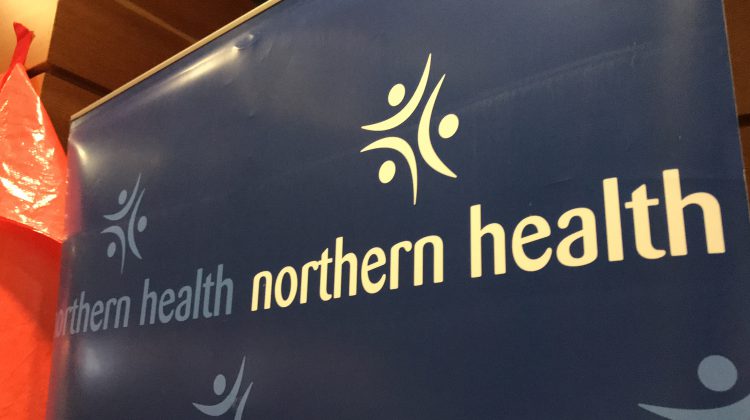“I think there is a real desire to keep thinking about withdrawal management from substances.”
That’s from Northern Health CEO Ciro Panessa as public health emergencies like the toxic drug crisis continue to have a firm grip on our region.
Our health authority has the highest unregulated drug death rate among all the health authorities at 61.7 per 100,000 people – with Vancouver Coastal the next closest at 54.9.

In Part Two of our interview with Panessa, he stated the impact of the illicit drug crisis is pretty far and wide.
“It’s pretty hard to say that there isn’t anybody who doesn’t know someone now or hasn’t been impacted by the public health emergency with the volume of people who continue to die and those affected by the crisis.”
“It’s been very challenging for our clinical teams who are trying their best to serve people and the death that they are experiencing as well as people that they are serving despite their best efforts are dying.”
Reducing risk, access to care, improving recovery and treatment opportunities and prevention measures are the main five points Panessa believes will help put a dent in the crisis within Northern Health.
He added take-home Naloxone kits are an important tactic and good dialogue is needed in each community and to have training made available is an important conversation that needs to take place.
Panessa is of the opinion the prevention piece needs to start with our youth.
“Even earlier than that, how do we promote healthy ways of through problems for kids and children in schools and building resilience around mental illness and problematic substance use at an early age.”
“I think there is a real desire to keep thinking about withdrawal management and how can we create more options for when people are to withdraw from substances that they are supported to do that and make sure there are good options for treatment and recovery after withdrawing from a substance.”
“Naloxone and take-home naloxone is an important tactic as part of the overall response to the toxic drug crisis. I think there has to be good dialogue in every community and if there are giving people the tools to support people or to save a life – I think that is something where having dialogue is something where people can assess the services they want to have that training to administer Naloxone. For Naloxone to be a benefit to save a life, that is an important conversation to have.”
Panessa also tackled the issue of medical facilities in rural northern communities such as Chetwynd, Mackenzie, Dawson Creek, and Fort St. James that have gone on diversion throughout the year, redirecting patients to other hospitals.
While having critical services unavailable is never a good thing, Panessa stated they are trying to find ways to minimize these occurrences.
“We make every effort to try and prevent a service disruption and work to limit their duration and if they do happen, we try and problem solve right up to and even when they are occurring to try and stop them from happening or mitigate the impacts that they do have.”
“I appreciate what a difficult situation that is for people and the providers working in that community. It really is only a measure of last resort when no other options are available. I do think there are a multitude of actions underway where it leads me optimistic we will continue to stabilize our workforce moving forward and continue to reduce the number of interruptions we are experiencing here in the north.”


